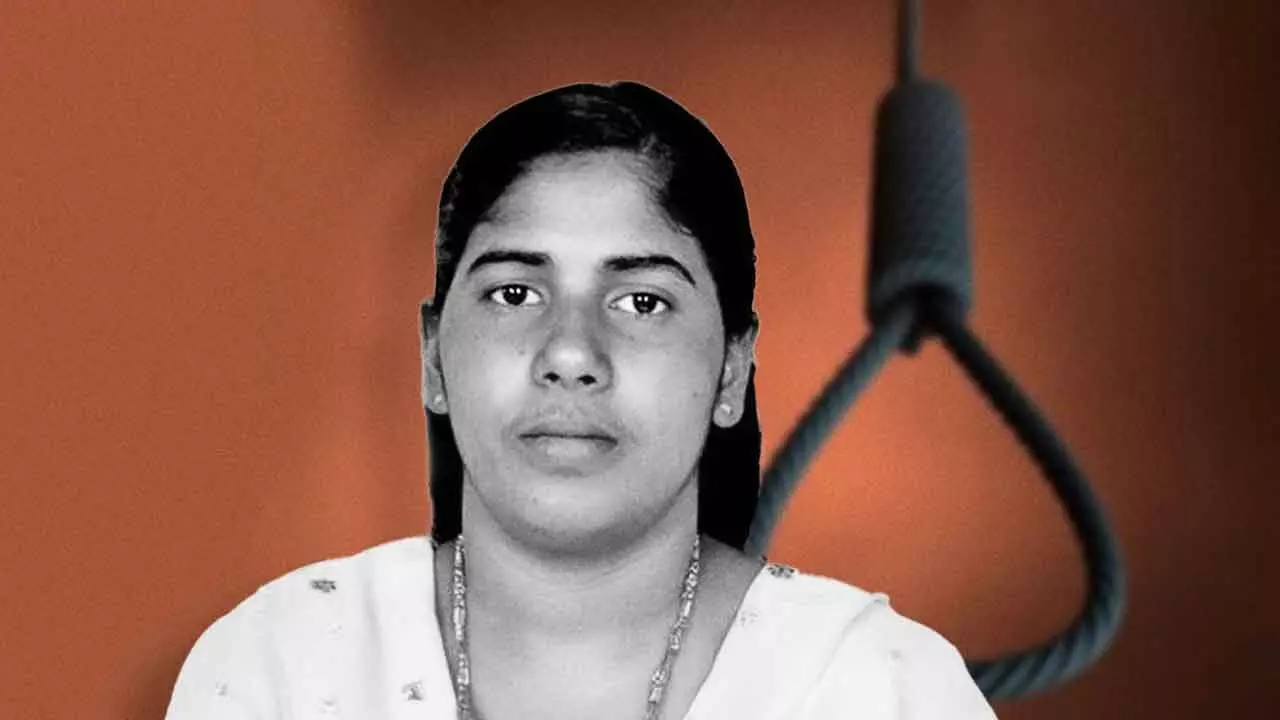Race Against Time: Can India Save Nimisha Priya From Yemen's Death Row?
A Keralite nurse faces execution in Yemen, sparking an urgent Supreme Court appeal. Discover the desperate fight to save Nimisha Priya from death row and the complex diplomatic challenges ahead.
Race Against Time: Can India Save Nimisha Priya From Yemen's Death Row?

The clock is ticking for Nimisha Priya, a Keralite nurse facing execution in Yemen. India's Supreme Court is set to hear an urgent plea on July 14, just two days before her reported hanging date of July 16, for the alleged murder of a Yemeni national in 2017.
On Thursday, senior advocate R. Basant brought the critical matter before a bench of Justices Sudhanshu Dhulia and Joymalya Bagchi, requesting an immediate hearing. The court swiftly granted the request, scheduling the hearing for July 14. In a crucial move, the bench also directed the petitioners to serve a copy of their plea to Attorney General R. Venkataramani, indicating that the Union government would be expected to update the court on its efforts during the upcoming hearing.
The petition, filed by the "Save Nimisha Priya Action Council," implores the Supreme Court to direct the Indian government to engage through diplomatic channels for Priya's release. The council highlights a critical aspect of Shariat law: a death sentence can be commuted if the victim's family accepts "blood money" – a form of financial compensation. They are urging the Centre to facilitate these delicate negotiations.
Priya, 38, a nurse from Palakkad, Kerala, was found guilty of murdering her business associate, Yemeni national Talal Abdo Mahdi. A Sanaa trial court handed down the death sentence in 2020, a verdict upheld by Yemen's Supreme Judicial Council in November 2023. The execution order received final approval from Yemeni President Rashad al-Alimi in 2024 and has been with the prosecutor since January. Now, her last hope rests on securing a pardon from Mahdi's family – an outcome fraught with uncertainty.
The tragic incident reportedly occurred after Priya administered sedatives to Mahdi, aiming to retrieve her passport, which he had allegedly withheld amidst escalating personal and and financial disputes. Sadly, an overdose is believed to have led to his death. While Priya had partnered with Mahdi to run a clinic in Yemen in 2015, her family asserts she endured relentless physical, mental, and financial abuse at his hands, pushing the situation to a breaking point.
Nimisha Priya initially moved to Yemen in 2008 to support her parents, who were daily wage laborers in Kerala. She worked in various hospitals before establishing her own clinic. Following her conviction, her mother, Prema Kumari, a domestic worker from Kochi, courageously traveled to Sanaa and has been there for the past year, tirelessly pursuing legal avenues and appealing to the victim's family for clemency.
Last December, Kumari approached the Delhi High Court, seeking an exemption from the travel ban to the conflict-ridden country to visit her daughter. Since arriving in Sanaa, she has managed a few emotional meetings with Priya in prison.
The Ministry of External Affairs confirmed last year that it would offer all possible support to Priya and her family. However, diplomatic efforts are significantly complicated by the fact that Sanaa, where Priya is incarcerated, is currently under the control of Houthi rebels.

